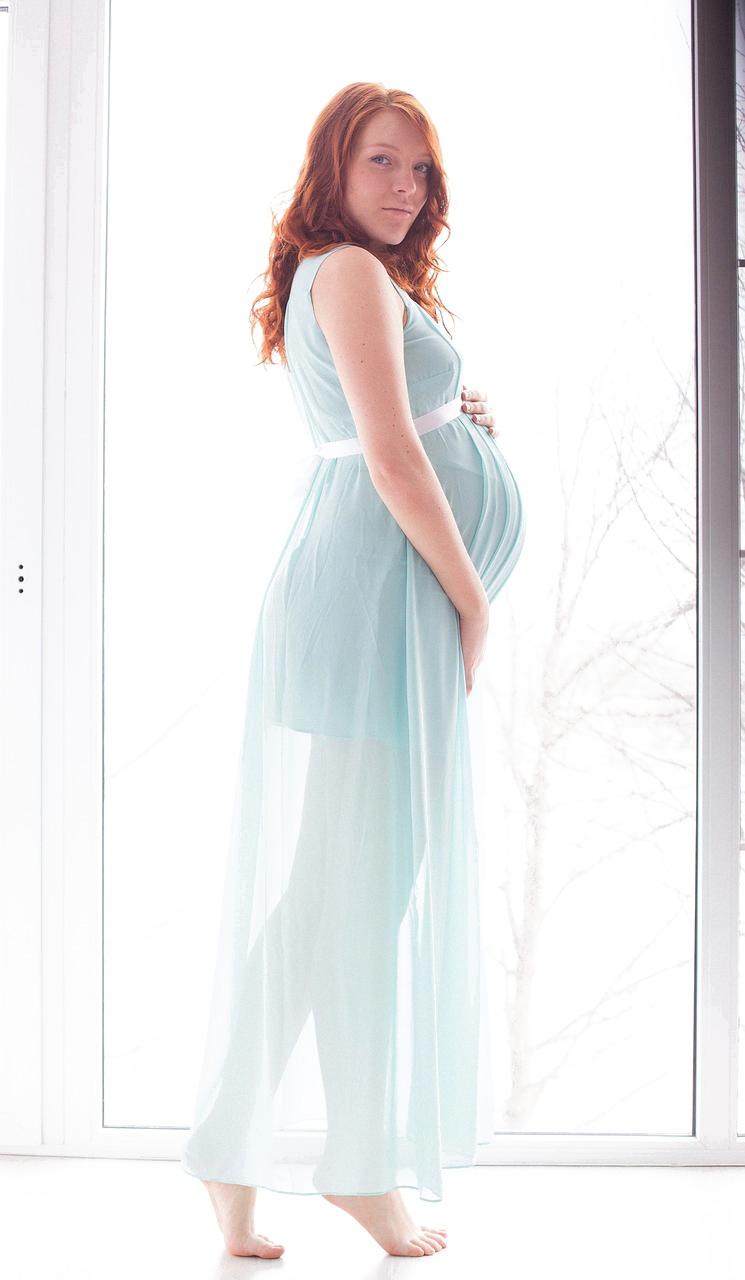When it comes to taking medications during pregnancy, there is always a level of caution that should be exercised. In the case of Mucinex and Sudafed, it is essential to consider the potential risks and benefits associated with these medications before using them while pregnant.
One crucial aspect to keep in mind is that pseudoephedrine, found in Sudafed, is generally not recommended during pregnancy. Pseudoephedrine has been linked to potential birth defects, particularly involving the baby’s abdominal wall. Therefore, it is advisable to avoid using Sudafed containing pseudoephedrine while pregnant.
On the other hand, Mucinex, which contains guaifenesin as its active ingredient, is generally considered safer during pregnancy compared to Sudafed. Guaifenesin is an expectorant that helps to thin and loosen mucus in the airways, making it easier to cough up. However, as with any medication, it is essential to use Mucinex as directed and consult with your healthcare provider before taking it during pregnancy.
It is crucial to remember that every pregnancy is unique, and what may be safe for one woman might not be suitable for another. Your healthcare provider is the best person to guide you on the use of medications during pregnancy, including Mucinex and Sudafed.
When considering whether to take Mucinex or Sudafed during pregnancy, it is essential to weigh the potential risks and benefits. While Mucinex is generally considered safer due to its active ingredient guaifenesin, Sudafed containing pseudoephedrine should be avoided due to its association with birth defects and potential effects on placental blood flow.
It is always recommended to err on the side of caution when it comes to taking medications during pregnancy. If you are experiencing congestion or respiratory issues and are unsure about using Mucinex or Sudafed, it is best to consult with your healthcare provider for personalized advice.
Many healthcare providers recommend using natural remedies or alternative treatments for congestion and cold symptoms during pregnancy to minimize any potential risks associated with medication use. These may include staying hydrated, using a humidifier, and practicing good hygiene habits.
Ultimately, the safety of Mucinex or Sudafed during pregnancy will depend on various factors, including your overall health, the stage of your pregnancy, and any pre-existing medical conditions. It is crucial to communicate openly with your healthcare provider to make informed decisions about medication use during pregnancy.
In conclusion, while Mucinex containing guaifenesin is generally considered safer than Sudafed with pseudoephedrine during pregnancy, it is essential to approach medication use during pregnancy cautiously. Consult with your healthcare provider for personalized advice and consider alternative remedies for congestion and cold symptoms to ensure the health and well-being of you and your baby.

